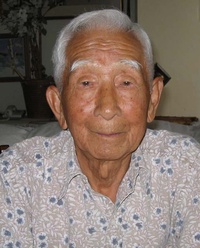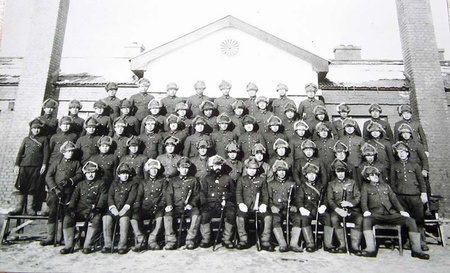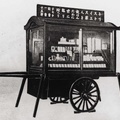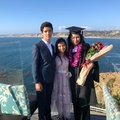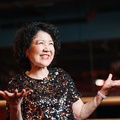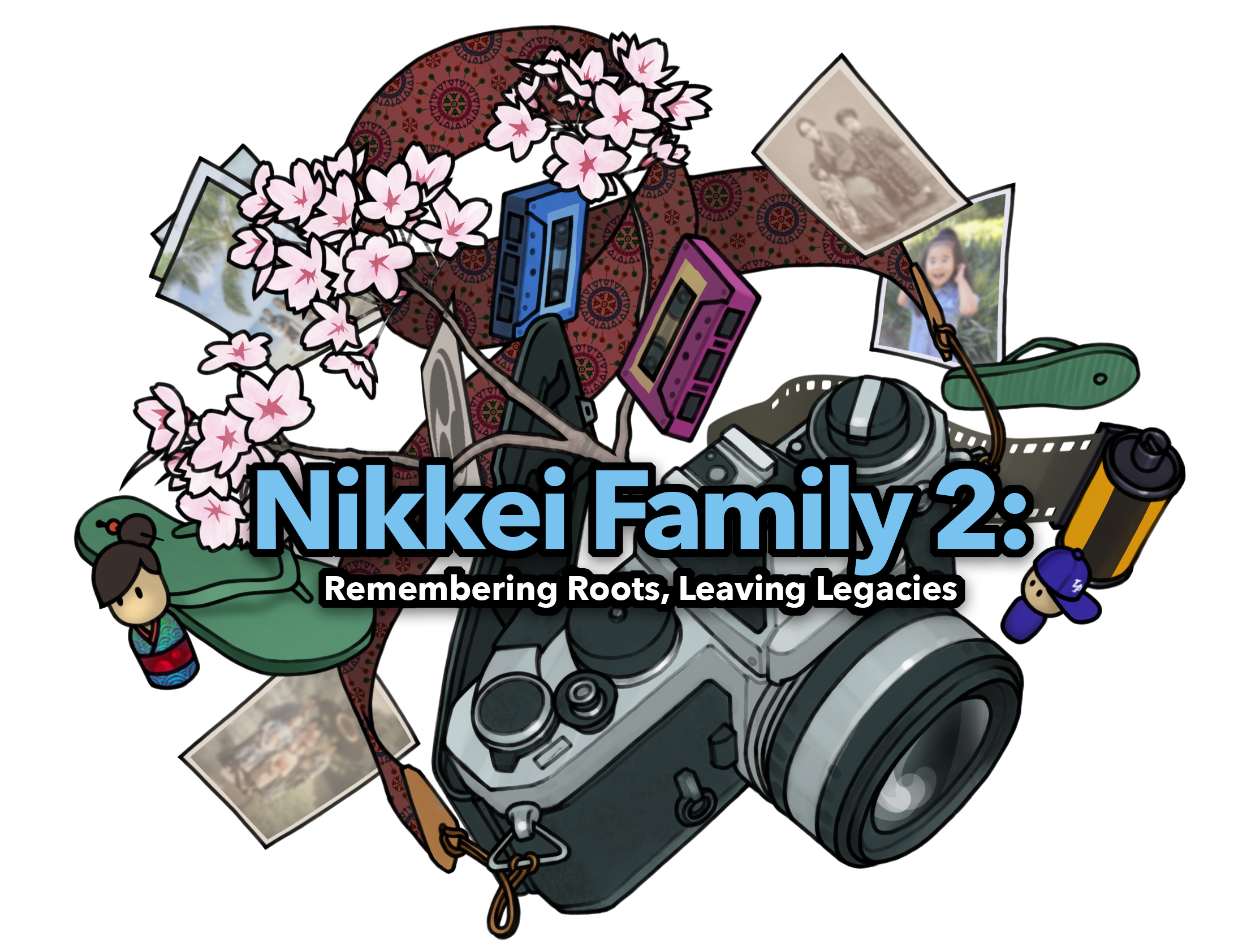Part 1 (Masami Ono) >>
Following Ono, we spoke with Omori Keiichi, born in Ventura, California in 1917. Like many second-generation Japanese at the time, Omori went to his parents' hometown of Kumamoto at the age of 10 to continue his education in Japan. After graduating from elementary school, he went on to Osaka Foreign Language College for junior high school. He majored in Mongolian language and graduated in 1940, after which he got a job at a government agency and was sent to Mongolia where he was posted. He was drafted into the army and returned to Japan to join the First Tank Unit in Kurume, where he was a candidate for officer status.
After his unit went to Manchuria, he was transferred to a transport unit and sent south, where the battlefront was becoming even tougher. "I was put on a large ship as a liaison officer, and transported the unit twice to Okinawa, then headed for Manila in the Philippines. We were bombed in Manila Bay, but the ship was slowly sinking, so we had time to escape. We were lucky. Thanks to the damage to our ship, we didn't have to go to Leyte Island. If we had gone there, we would have been wiped out. I'm grateful to the American soldiers who sank the ship."
He was in Taiwan when the war ended. He arrived at Kagoshima Port in 1946, but had difficulty finding work. "Because I was an officer, I was banned from holding public office in Japan, which had lost the war, and could not find work. All I could do was engage in illegal business. So I began to think about going to America. I was told that I could receive a lump sum from the Japanese government, so when I went to collect it, they said, 'You're an American, we won't give it to you.' When they recruited me as a soldier, they turned a blind eye to the fact that I was an American citizen, and after using me as a soldier for a long time, they said such terrible things without a second thought. I thought there was no point in staying in such a country, so I went to the American consulate in Fukuoka and asked to return to America."
Under the law at the time, the consul told Omori that U.S. citizenship could not be automatically restored, so he submitted proof that he was born in the U.S. and had to wait. He waited for several months with no word. He went back to the consulate and said, "I don't care if, in the worst case scenario, I never get my U.S. citizenship restored, so I just want them to apply for it."
His enthusiasm must have been noticed by the consul, as he was finally able to regain his American citizenship in 1955. On December 31st of that same year, Omori boarded a ship bound for America from Kobe Port.
"In Japan, I was already married with two children. Three months later, my family flew in and we reunited and settled in Los Angeles. I started out working for an American company, then opened a shop called Kappa in Little Tokyo, and later opened a coffee shop of the same name in Gardena, where I worked until 2000."
During the war, Omori received orders to be sent to the Army Nakano School. While he was on standby, the orders were revoked, and he ended up not going to Nakano School. "I heard that if you enter a spy school like Nakano School, your family register is erased. Apparently they make you stateless and force you to focus on your mission as a spy. But fortunately, I was able to escape that mission."
He was supposed to be sent to Nakano School but was not sent there, and was supposed to go to Leyte Island but was prevented from doing so by the bombing of the US military. After going through many turning points, he finally chose America as the country where he would spend the rest of his life with his family.
How does he view Japan today? "I'm happy to have American citizenship. If you compare America with Japan, America is much better. The public's way of thinking is based on common sense. It's a country where people from all over the world gather, so it's not surprising that things could be a lot more chaotic. But they're consistent. Japanese people today have no sense of gratitude. I think there's something wrong with Japanese education. Maybe they've become too rich."
Japan conscripted Americans regardless of their nationality, and after the war they were denied employment and were not given a lump sum. Omori's feelings towards Japan are twisted. However, even in the midst of all this, I sensed a strong patriotism that worried about the future.
© 2008 Keiko Fukuda


